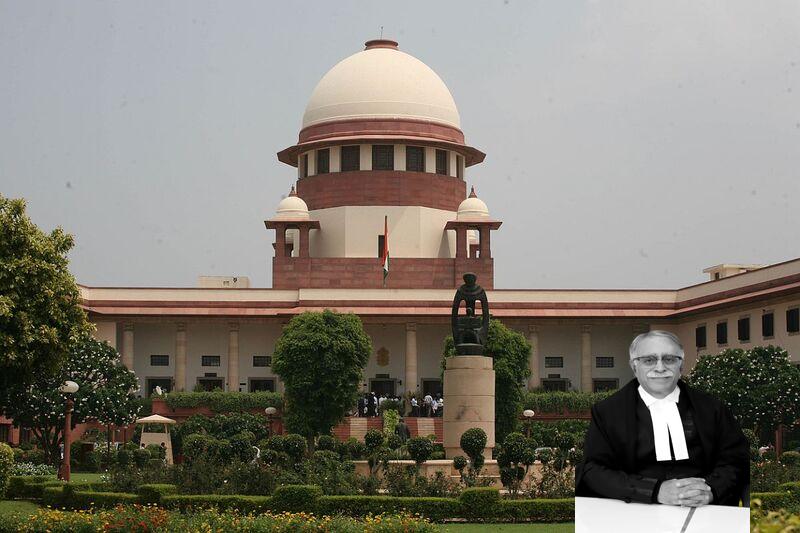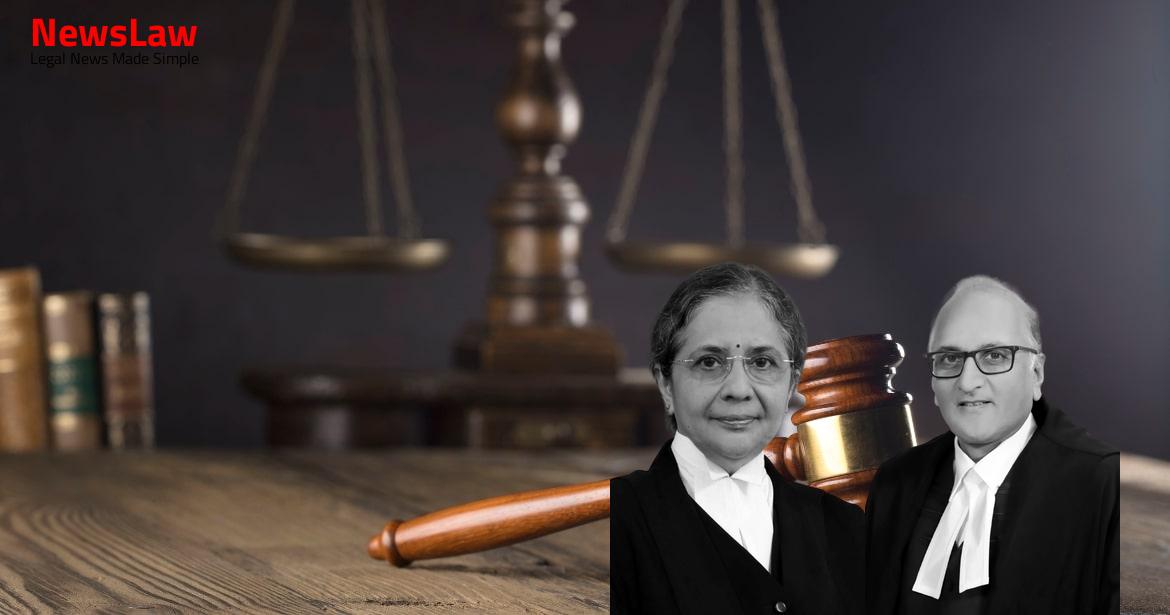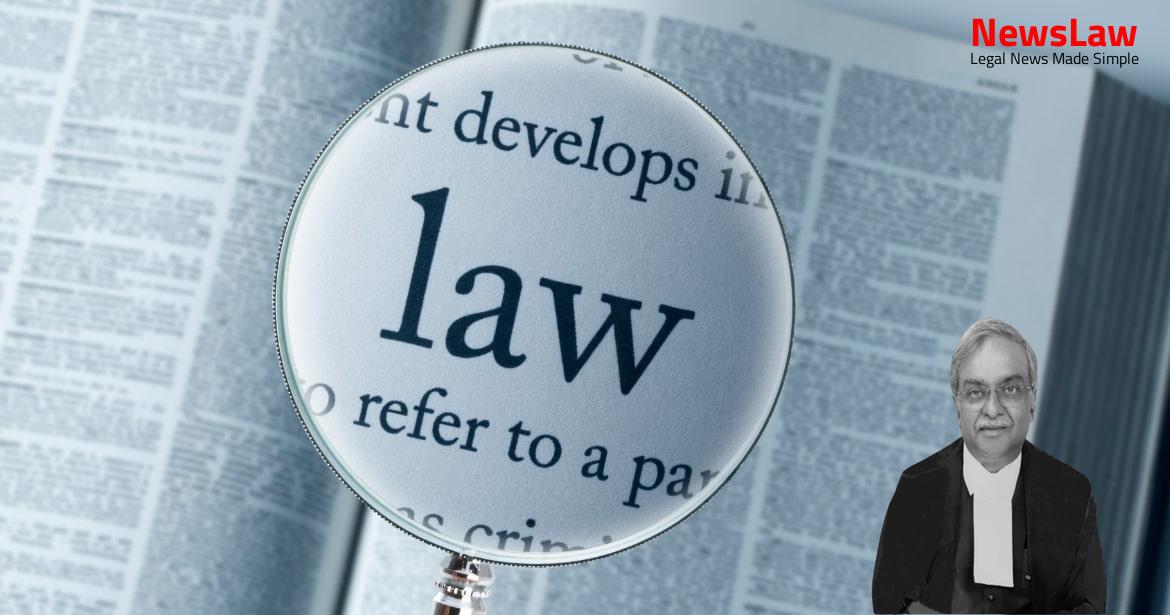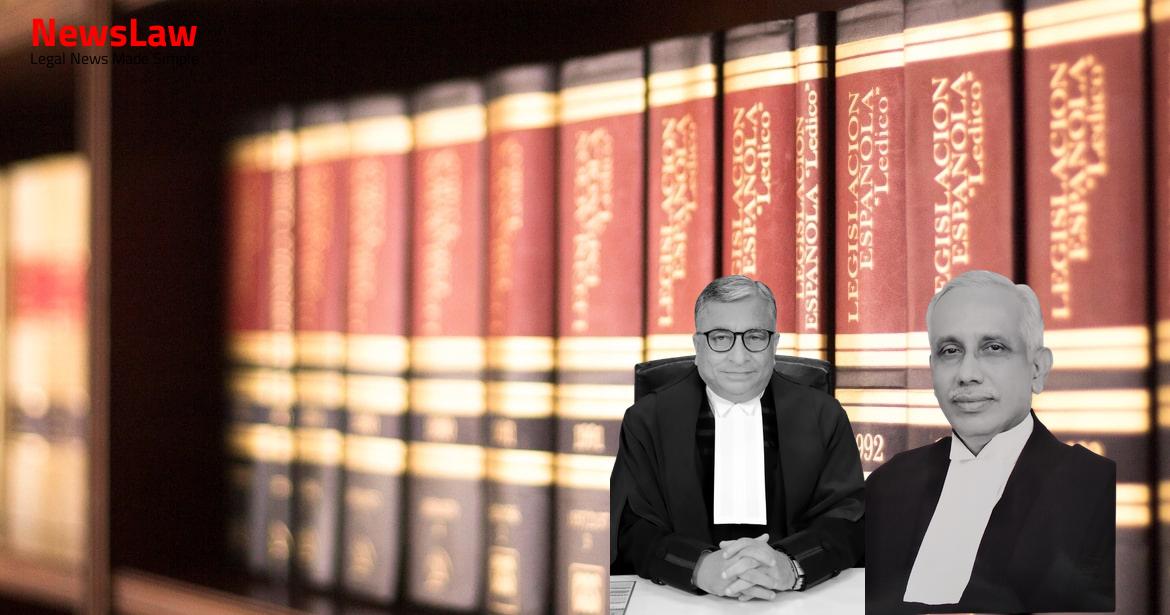The facts, in brief, giving rise to the present appeal are as under: There was one Bahadur Pradhan who married Meena Pradhan (Defendant-2/Appellant No.1 herein) with whom he had two children namely, Ravi Kumar (Defendant-3/ Appellant No.2 herein) and Ku. Pursuant to this order of the High Court, proceedings under Section 276 of the Indian Succession Act 1925 (hereinafter referred to as ‘the Succession Act’) for a grant of Probate or Letter of Administration were initiated by both the Plaintiffs. Appeal No 382 of 2002 passed by the High Court of Madhya Pradesh, confirming the order of the Civil Court in Succession Case No.22/98 wherein it upheld the validity of the Will and issued Letters of Administration. Sharanabasappa, (2021) 11 SCC 277 (3-Judge Bench), we can deduce/infer the following principles required for proving the validity and execution of the Will: The court has to consider two aspects: firstly, that the Will is executed by the testator, and secondly, that it was the last Will executed by him; It is not required to be proved with mathematical accuracy, but the test of satisfaction of the prudent mind has to be applied. A Will is required to fulfil all the formalities required under Section 63 of the Succession Act, that is to say: (a) The testator shall sign or affix his mark to the Will or it shall be signed by some other person in his presence and by his direction and the said signature or affixation shall show that it was intended to give effect to the writing as a Will; (b) It is mandatory to get it attested by two or more witnesses, though no particular form of attestation is necessary; (c) Each of the attesting witnesses must have seen the testator sign or affix his mark to the Will or has seen some other person sign the Will, in the presence and by the direction of the testator, or has received from the testator a personal acknowledgment of such signatures; (d) Each of the attesting witnesses shall sign the Will in the presence of the testator, however, the presence of all witnesses at the same time is not required; For the purpose of proving the execution of the Will, at least one of the attesting witnesses, who is alive, subject to the process of court, and capable of giving evidence, shall be examined; The attesting witness should speak not only about the However, even in the absence of such allegations, if there are circumstances giving rise to doubt, then it becomes the duty of the propounder to dispel such suspicious circumstances by giving a cogent and convincing explanation.
In short, apart from statutory compliance, broadly it has to be proved that (a) the testator signed the Will out of his own free Will, (b) at the time of execution he had a sound state of mind, (c) he was aware of the nature and effect thereof and (d) the Will was not executed under any suspicious circumstances. As far as the allegations of second marriage and bigamy are concerned, we refrain from entertaining such submissions as the same is not a relevant factor in deciding the main lis, which is confined to the validity of the Will. No order as to costs.



